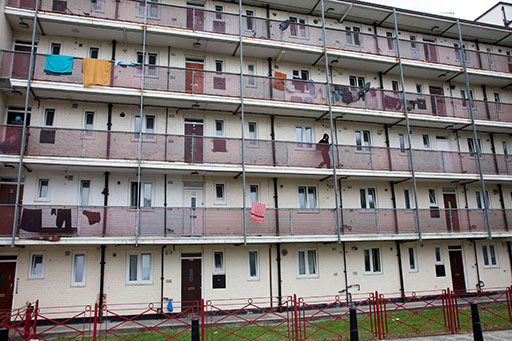3 Understanding asylum and immigration policy
Legislation on immigration and asylum matters originates in the UK Parliament. The government in Westminster sets policy in relation to external and internal controls, subject to EU and international law. The absence of a specific immigration policy for Northern Ireland, Wales and Scotland does not mean, however, that national debates and perceptions of this issue are identical to those in England.
In Wales, this is a non-devolved matter, therefore the laws in relation to immigration and asylum are the same for both England and Wales, unless otherwise indicated in this section (e.g. in relation to social care provision). The Welsh Government does, however, issue policies with a view to support refugees and asylum seekers.

The dispersal policy whereby asylum seekers receive one offer of accommodation is part of the immigration policy; Glasgow is one of the dispersal cities in the UK.
Scottish policy suggests a greater tolerance towards asylum seekers than is the case in England, in part because the Scottish Government has promoted positive messages about the need for migration, to address under-population and skills shortages affecting Scotland, see, for example, the New Scots: Refugee Integration Strategy 2018–2022 (Scottish Government, 2018a). There has been a real concern to address destitution, for example Hidden Lives (Scottish Parliament, 2017), which makes recommendations to ameliorate destitution amongst migrants, asylum seekers and refugees. Media coverage of forced removals of families and the murder of a Syrian refugee in Edinburgh in 2018 heightened public awareness of this issue. Nevertheless, across the UK there is significant evidence of hostility towards asylum seekers and confusion and ignorance of the facts.
Therefore, one of the first things that social workers committed to anti-discriminatory practice may have to address is a lack of knowledge about immigration policy as a whole. This requires an understanding of the legal distinctions between different types of migrants to the UK and their corresponding immigration status.
